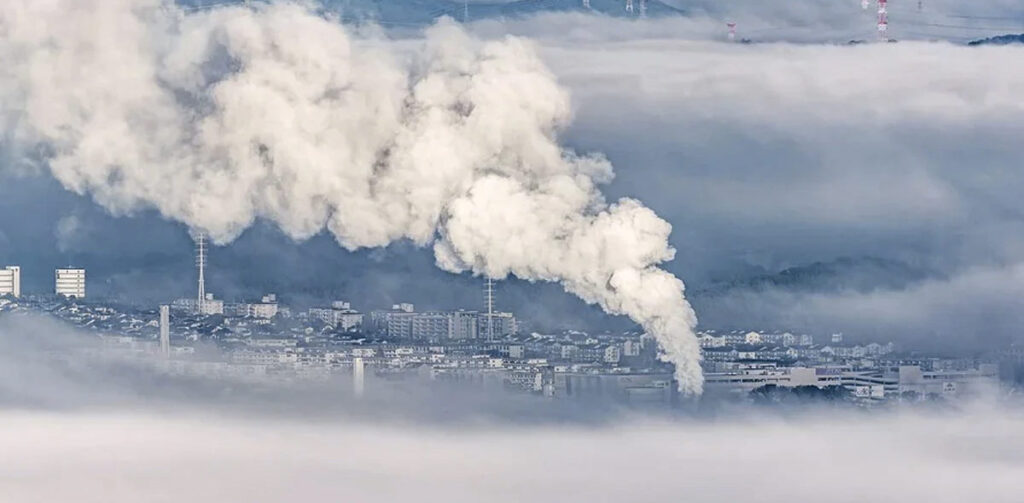
Climate change plays an important role in the lives of Afghans. (representative)
Kabul:
The Taliban government has entered initial talks with the United Nations, donors and non-governmental organizations over the effects of climate change in Afghanistan, organizers announced Wednesday.
After four decades of war, Afghanistan ranks as one of the least prepared countries to face the effects of climate change, which causes extreme weather and distorts the natural environment.
Foreign aid to Afghanistan has declined since the Taliban took over in 2021, with donors wary of backing a government seen as a pariah, further exposing poor and climate-vulnerable regions. It is supposed to be.
The Norwegian-Afghan Commission (NAC) co-hosted the three-day talks that ended on Tuesday, Terje Watterdal, the country's director-general, told a news conference in Kabul.
He said it was the first time Taliban officials had “participated in parallel face-to-face and online meetings with a wide range of Western stakeholders since the change of government in August 2021.”
The talks were attended by universities, diplomats, United Nations agencies, donors, and grassroots members of Afghan society.
Watterdal said all sides agreed that “both individual and collective action is needed inside and outside Afghanistan.”
“All government ministries have committed to fully support national and international organizations working to combat climate change and reduce the impacts of climate change in Afghanistan.”
opinions are divided
International opinion is sharply divided over how to deal with Taliban authorities enforcing a strict vision of Islamic rule in Afghanistan.
Some argue that the country should be frozen out by the international community until it lifts restrictions on women and girls, who are denied access to education for millions of people.
Some argue for working with Taliban authorities on less controversial topics that could benefit people living in extreme poverty.
“We need to depoliticize major development issues such as climate change,” Watterdal said.
But he said the consultations were split evenly between men and women “to ensure that women's perspectives on climate change are also included.”
Climate change plays an important role in the livelihoods of Afghans, with around 80 percent of the country's 43 million people dependent on agriculture for their income.
During the meeting, the researchers said Afghanistan accounts for only 0.06% of global greenhouse gas emissions, but ranks sixth among countries most vulnerable to climate change.
Temperatures in Afghanistan have increased by 1.8 degrees Celsius (35.2 degrees Fahrenheit) since 1950, above the global average of 1.5 degrees Celsius (34.7 degrees Celsius).
Heavy rains have claimed more than 100 lives in Afghanistan this month after an unusually dry winter.
“Climate change management is a priority,” said Zainul Abidin Abid, deputy director of Afghanistan's National Environmental Protection Authority.
“We call on all relevant UN agencies to avoid mere sloganeering and take practical steps,” he said, calling for more funding for the country.
He also called for Afghanistan to participate in the COP29 summit to be held in Azerbaijan in November. The Taliban government was not invited to COP28 in Dubai last year.
(Except for the headline, this story has not been edited by NDTV staff and is published from a syndicated feed.)


